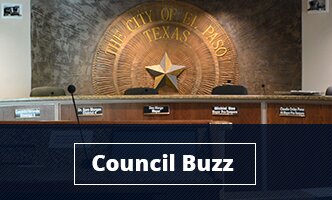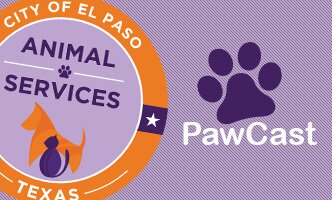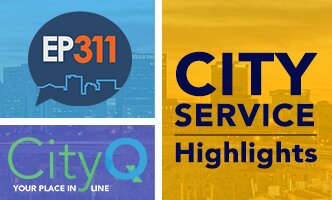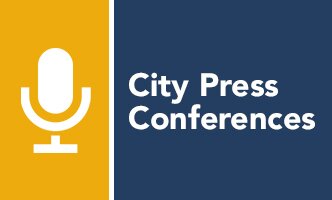How to Balance Work and Study in Tourism
Balancing the demands of a burgeoning tourism career while pursuing a degree in the field can be a challenging yet rewarding endeavor. As a tourism student, you're not just learning about the industry; you're actively participating in it. This dual challenge of work and study is a unique path that can set you on a trajectory for success in the dynamic world of tourism. In this guide, we'll explore strategies to help you efficiently manage your time, optimize your study techniques, and ensure self-care while balancing your educational and professional aspirations.
One important aspect to consider in your journey is the pros and cons of animal rights, especially in the context of tourism. While the industry often provides opportunities for people to engage with wildlife and animals, it's essential to be aware of the ethical dilemmas associated with it. Understanding the nuances of this issue can help you make informed decisions and contribute to responsible and sustainable tourism practices.
Time Management and Prioritization
Creating a Study Schedule
One of the keys to success in balancing work and study is setting up a structured study schedule that aligns with your work commitments. Start by assessing your work hours and availability. Then, allocate specific time blocks for focused studying. Ensure your schedule is realistic and allows for both academic and professional growth. A well-planned timetable can help you make the most of your day.
Prioritizing Tasks
Identifying and prioritizing tasks is crucial when juggling work and study. Learn to differentiate between urgent and non-urgent assignments. Prioritize tasks based on deadlines and importance. This skill will help you manage your time effectively and avoid last-minute rushes.
Time-Blocking
Consider implementing the concept of time-blocking. Allocate specific time blocks for studying and work-related tasks. During these blocks, focus solely on the assigned activity. For example, dedicate a two-hour block for studying without distractions. Time-blocking ensures that you make the most of your time and maintain productivity.
Efficient Study Techniques and Work Strategies
Effective Study Techniques
Optimize your study time with effective techniques. Active learning, where you engage with the material actively through discussions, note-taking, or solving problems, can enhance your understanding in less time. Break your study sessions into manageable chunks, and use techniques like the Pomodoro method to maintain focus and avoid burnout.
Remote Work and Flexibility
Explore remote work opportunities that align with your class schedule. Many tourism-related jobs, like travel agency positions or freelance content creation, offer flexibility. Remote work allows you to balance your work commitments while continuing your education.
Networking and Skill Building
View your work as a platform for skill development and networking within the tourism industry. Every job, even part-time or entry-level positions, can provide opportunities to build essential skills and connect with professionals. Leverage your job experiences to gain insights into the industry and discover potential career paths.
Self-Care and Stress Management
Importance of Self-Care
Maintaining a healthy work-study balance requires prioritizing self-care. Take care of your physical and mental well-being. Regular exercise, a balanced diet, and adequate sleep contribute to your overall health. Remember that a well-rested mind is more productive.
Stress Management Techniques
Stress management is essential when managing multiple responsibilities. Practice mindfulness and relaxation techniques to reduce stress. Exercise, meditation, or spending time in nature can be effective stress relievers. Reducing stress not only boosts productivity but also enhances your overall quality of life.
Seeking Support
Don't hesitate to seek support from your academic advisors, mentors, or counseling services if you encounter challenges. Most academic institutions offer resources to help students manage their academic and personal lives. Seeking support is a sign of strength, and it can help you navigate difficult times.
Conclusion
Balancing work and study in tourism is undoubtedly demanding, but it's a path that can lead to a successful and fulfilling career. By effectively managing your time, optimizing your study and work strategies, and prioritizing self-care, you can excel in both your studies and your profession. This dual challenge sets the stage for a bright future in the vibrant and ever-evolving field of tourism.






